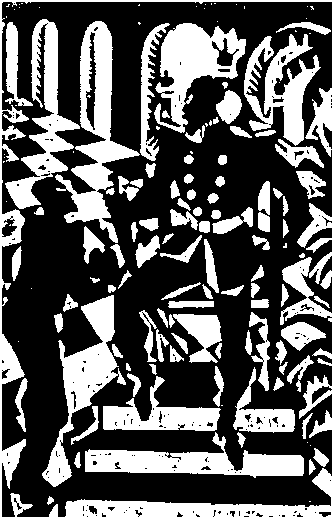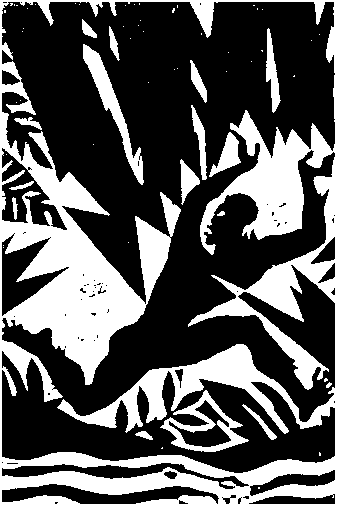Military Occupation and the Culture of
U. S. Imperialism 1915 - 1940
Mary A. Renda
(Chapel Hill)
- In the land of sloth and vice
Where they never heard of ice
Where the donkeys and the women work all day
Where the land is full of ants
And the men don't wear their pants
It is here the soldier sings his evening lay.

It's a rather limited and peculiar focus --- but it's an interesting one. Despite Woodrow Wilson's post WWI rhetoric about respecting national sovereignty, he was the one who sent in the Marines. And despite growing criticism --- mostly in The Nation magazine, and the black press of the day --- he refused to call off the dogs. There was, Renda points out, a lack of regard for the citizens and traditions of that country --- despite the fact that "Haiti was the second independent nation of the Western Hemisphere, founded only twenty-nine years after the United States." One of the high Marine officials --- Col. Littleton W. T. Waller --- wrote, "I know the nigger and how to handle him." His superior, Smedley Butler --- yes, Smedley Butler --- wrote to his wife Bunny (he called himself "Daddie Piddie"),
For the past two weeks I have been working along hard with my little black Army and am beginning to like the little fellows.
He also referred to the Haitian men as his "little chocolate soldiers."
Anyone familiar with American history would expect such language. The cruel side of it is that many of our military actions against the "cacos," the insurgents, became what we would later call "police riots:" violence, random murders, beatings, and attempts to disrupt a whole culture (Vodou ceremonies --- the heart of Haitian religion --- were specifically banned.)
Renda also spends a fair amount of space to describing the world of a Marine from eighty years ago:
That a marine headed for Haiti should have fancied himself an Indian fighter or a latter-
 With paternal insouciance, the Marines not only lorded over the country for almost two decades, but, with their prostitutes --- and in some cases, Haitian mistresses (referred to as "sleeping dictionaries") --- the American military became part of an exotic culture, one that was, in gringo eyes, for sale:
With paternal insouciance, the Marines not only lorded over the country for almost two decades, but, with their prostitutes --- and in some cases, Haitian mistresses (referred to as "sleeping dictionaries") --- the American military became part of an exotic culture, one that was, in gringo eyes, for sale:
Americans viewed Haitian servants and prostitutes as commodities insofar as the latter could be bought and sold and insofar as they could confer upon the buyer a sense of status and identity linked to class, race, gender, and sexuality.
The very banning of Vodou meant that the Marines could involve themselves in the ownership of exotic artifacts. The anthropologist Alfred Métraux suggested that
the ban on Vodou was largely observed in the breach, and that the main enforcement activity was, indeed, the confiscation of drums. In this way, military power facilitated the production of Haitian cultural objects as exotic commodities for circulation and exchange in the United States.
Despite occasional lapses into trendy neo-revolutionary language ("By explicitly linking race and gender hierarchies in fiction, film, travel narratives and the like, imperialist discourses surrounding the occupation intervened in domestic cultural and political struggles . . . ") Professor Renda has produced a workmanlike study of a time in American history, where --- by invoking the usual rhetoric of the need to protect the peoples against themselves --- we subsumed a whole culture, a culture that inadvertently may have contributed to the radical changes we saw in the United States forty years down the line.